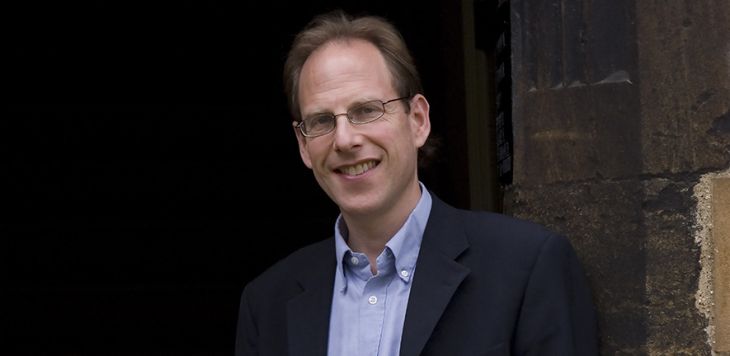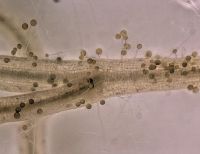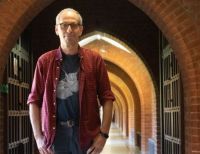Sir Simon Baron-Cohen is a Professor in the Departments of Psychology and Psychiatry at the University of Cambridge and Fellow at Trinity College. He is Director of the Autism Research Centre, which he set up in 1997. He has published over 750 peer reviewed scientific articles and has made contributions to many aspects of autism research. In 2021, he received a knighthood in the New Year’s Honours list for his services to autism.
One of his earliest MRC grants, in 1996, was to investigate if autism could be diagnosed in babies as young as 18 months old, and his team showed that it can. Ideally, an early diagnosis should lead to the right support, so that a child has the best opportunity to fulfil their potential.
Baron-Cohen has drawn attention to the reality that a lot of autistic people do not receive their diagnosis in early childhood. In fact, many are not diagnosed until late childhood, or even adulthood. This means they are left unsupported and feeling different, but with no explanation. As a result, autistic people can end up feeling like they do not fit in, and may experience exclusion or bullying by their peer group. They can feel ashamed when they’re not coping in a mainstream classroom.
He argues that the reason they are struggling is because the mainstream educational setting was designed for non-autistic people. This can lead to a gradual deterioration in their mental health. Many underachieve academically and only 15% of autistic adults are employed. Most worryingly, one in four autistic adults have planned or attempted suicide. He said “Autistic people are being failed by our society”.
In 2017 Baron-Cohen was invited by the United Nations to give a keynote lecture on Autism Acceptance Day. He described how autistic people are excluded from many basic human rights. These include the right to education, the right to health services, the right to dignity, and the right to employment.
In an effort to change this, Baron-Cohen created a charity called the Autism Centre of Excellence (ACE) at Cambridge. The charity is science-led and aims to put the science into the hands of policymakers, so there’s no delay in translating policy-relevant findings.
Alongside his applied research, Baron-Cohen’s team also conducts basic research. Autism starts prenatally and is partly but not completely genetic. For decades it was unclear what other factors might contribute to the cause of autism. Over the past 20 years Baron-Cohen made two big discoveries which have helped understand what causes autism. First, his team found elevated levels of prenatal androgens (sex hormones such as testosterone) in pregnancies that later resulted in autism. Second, they found that prenatal oestrogens (another group of sex hormones which are synthesised from androgens) levels were also elevated in pregnancies resulting in autism.
Autism is an example of neurodiversity. Autistic individuals’ brains develop differently, from before birth. Some of these differences result in disability, for example, in social skills and communication. But others result in strengths or talents. For example, many autistic people have excellent memory for facts and excellent attention to detail. And many are strongly attracted to patterns. Baron-Cohen’s recent book The Pattern Seekers celebrates autistic people’s different minds. In many environments, such skills are assets. In his research group, he employs neurodivergent individuals.
Baron-Cohen will receive the prestigious medal, specially created by The Royal Mint, and will be listed amongst the most highly influential and impactful researchers in the UK. He will deliver a lecture about his research, and his achievements will be celebrated at an Awards Ceremony on 20 June 2024 in the Law Society where he will receive the medal.
On receiving the news that he was to be awarded the MRC Millennium Medal, Baron-Cohen said: “This is the result of team work and I am fortunate to be surrounded by a talented team of scientists. I hope this Medal shines a light on how autistic people need a lot more support, from the earliest point, to lead fulfilling lives.”
















